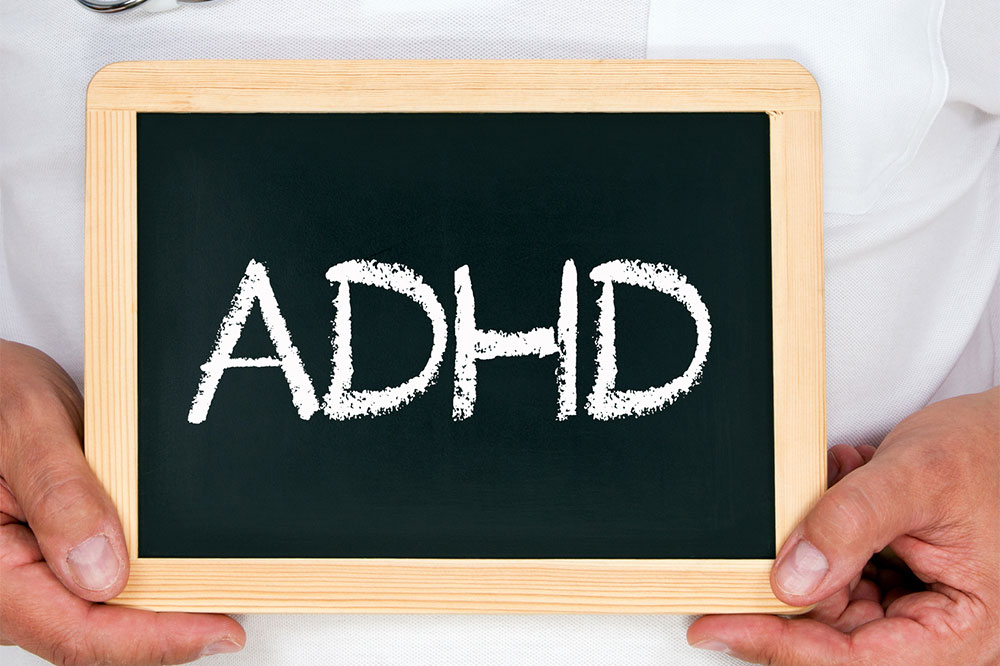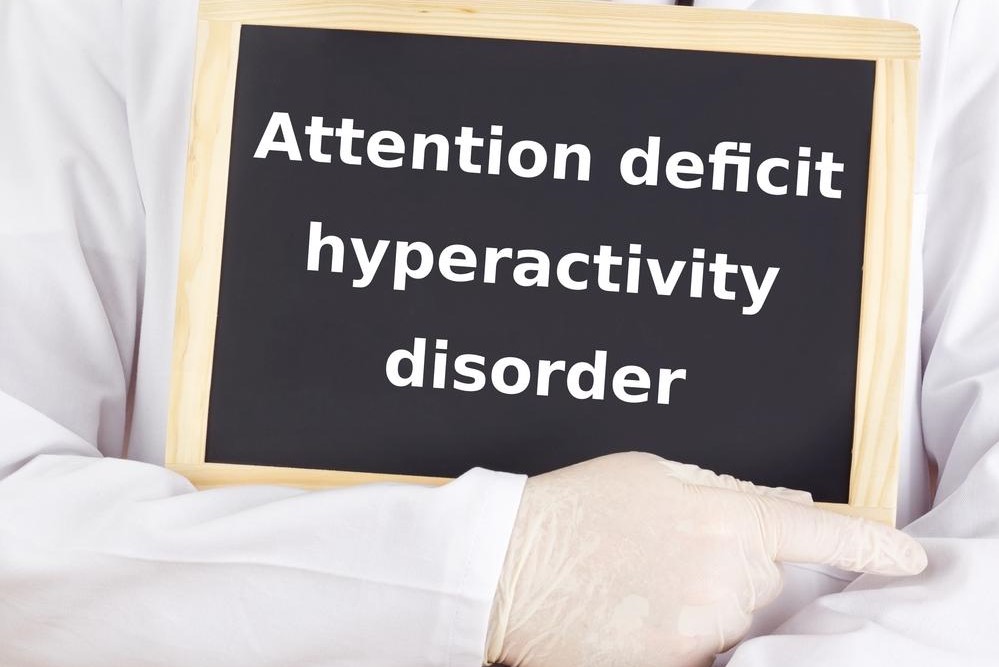Understanding ADHD: Symptoms and Causes
Learn about the key symptoms and causes of ADHD, a condition affecting children and adults. Understanding its signs—such as inattentiveness, hyperactivity, and impulsivity—helps in early diagnosis and management. Factors like brain structure, genetics, prematurity, and environmental influences contribute to its development. Effective treatment through medication and lifestyle changes can significantly improve quality of life for those affected.
Sponsored

Attention-Deficit Hyperactivity Disorder (ADHD) is mainly identified in children but can persist into adulthood. It presents with hyperactivity, difficulty concentrating, behavioral outbursts like anger and frustration, and inattentiveness. Although ADHD lacks a cure, its symptoms can be managed through appropriate treatment strategies. Continue reading to learn more about this condition.
ADHD Symptoms
The core indicators include impulsivity, inattentiveness, and hyperactivity. These signs often show up early in life, sometimes before age 12, with variations between boys and girls.
While boys tend to display more hyperactivity, girls with ADHD are typically more inattentive.
Children may be categorized as inattentive, hyperactive, or a combination of both.
Signs of Inattention
If a child exhibits these behaviors for at least six months, they might be experiencing inattention:
Makes frequent careless errors in homework or overlooks details
Difficulty maintaining focus during play or tasks
Fails to listen attentively, even when spoken to directly
Struggles to follow instructions
Has trouble organizing activities
Tends to avoid tasks requiring sustained attention
Loses items often
Gets easily distracted
Impulsivity and Hyperactivity
The following signs lasting six months or more may indicate impulsivity or hyperactivity:
Constant fidgeting or tapping
Restlessness and inability to stay seated comfortably
Running or moving excessively, even in inappropriate settings
Engaging in noisy activities
Interrupting conversations or others’ activities
Potential Causes of ADHD
While the precise cause remains unknown, research suggests several contributing factors:
Brain Structure
Reduced activity or abnormalities in specific brain regions involved in attention and activity regulation may contribute to ADHD.
Genetics
Children with a parent or sibling diagnosed with ADHD are at higher risk of developing it.
Premature Birth
Children born prematurely face increased odds of ADHD.
Environmental Factors
Exposure to certain toxins could play a role, but such cases are rare.
Without proper intervention, children with ADHD may develop behavioral challenges over time. Untreated adults might struggle with task completion, teamwork, organization, and maintaining focus, affecting their overall life quality. Early medication and dietary adjustments can effectively mitigate symptoms and enhance daily functioning.






